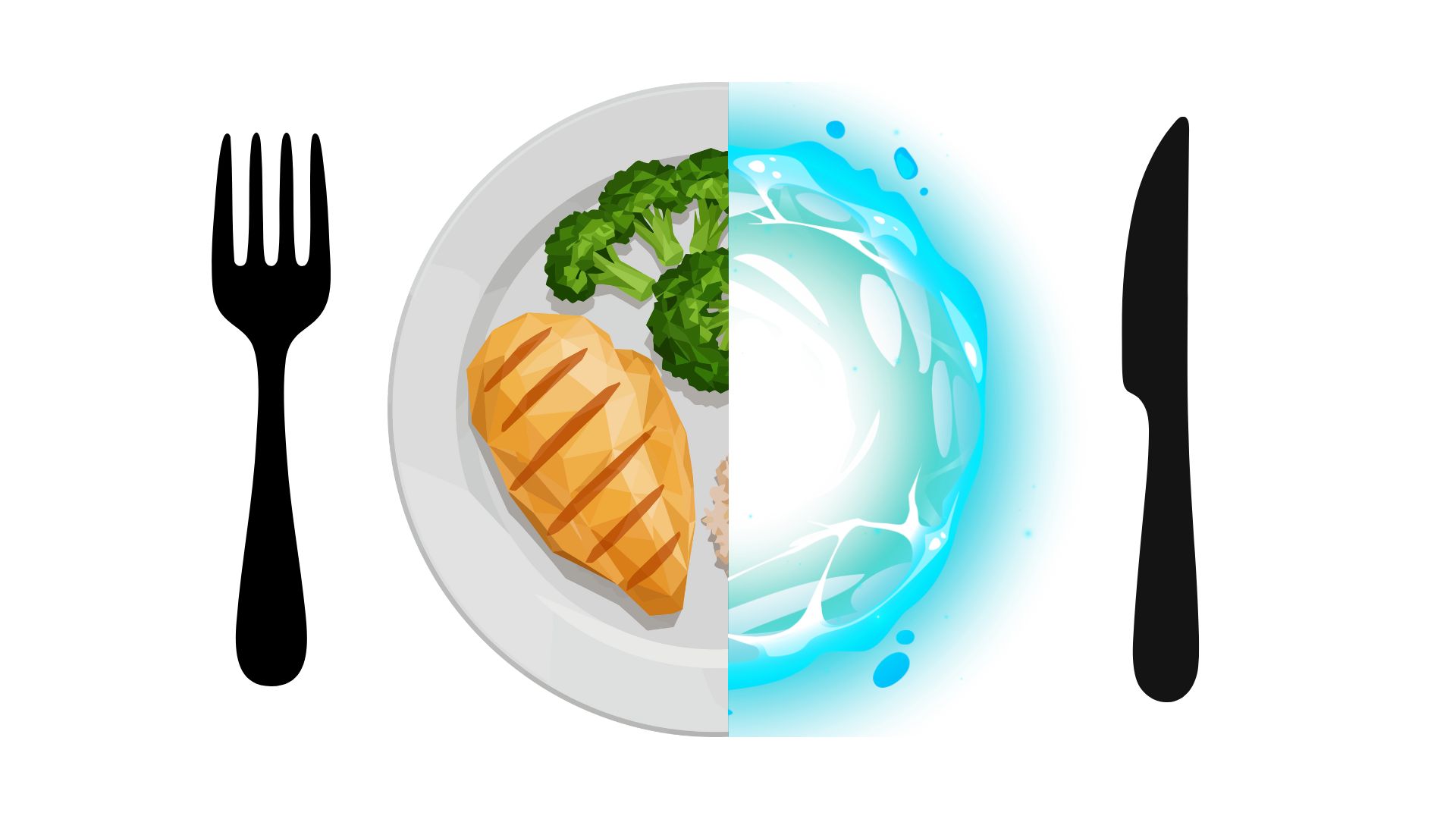Commentary
Power up Your Yard for Pollinators

This is one in a continuing series of educational columns about fostering environmental stewardship and leadership coordinated by ACES — the Alliance of Climate and Environmental Stewards.
Several of my family members have Parkinson's disease, which some studies have linked to prolonged exposure to pesticides. My extended family owns a nursery, so as kids, they were exposed to lots of different pesticides. My grandmother tells stories of her mother spraying her room with pesticides typically used on trees to keep the mosquitoes away. Her mother would also stir pesticides in a bucket with her bare hands because at the time they didn’t understand how harmful this could be. These stories piqued my interest in learning more about pesticides and the overall environment.
I recently connected with a local organization called Pollinator PowerWorks to learn more.
Their goal is to help pollinators, such as butterflies and bees, thrive as much as possible. Many people don’t realize how important pollinators are. They are keystone species, meaning an ecosystem absolutely needs them to function. Pollination is essential for the plants to reproduce, so if there were no pollinators, then there’d be far fewer plants for primary consumers (herbivores and omnivores) to eat. If there were fewer primary consumers, then there’d be less food for the secondary consumers (mostly carnivores), and so on, creating a chain reaction. They’re also essential to our food. According to the Intergovernmental Science Policy Platform on Biodiversity and Ecosystem Services, insects pollinate about 75% of global crops, a service valued at almost $600 billion.
I began to research chemicals in pesticides that could be harmful for these pollinators, but I found conflicting evidence. I then decided to talk to my great uncle who owns a nursery. Because he is a licensed pesticide applicator, I was initially skeptical about what he’d have to say; however, he actually agreed with me. He noted that while chemicals themselves aren’t good for pollinators, the bigger issue is what they are doing to pollinators’ food sources. Many people use herbicides, a type of pesticide used to kill weeds, to make their lawn entirely green.
Getting rid of clovers, dandelions, and other broadleaf plants is a problem, not only because of the dangerous chemicals used, but also because the pollinators need those plants for food.
To bees, an all-grass yard is a dead zone, as there are no plants for them. The best option for helping pollinators is to not spray your lawn to get rid of broadleaf plants such as clovers, and instead to let them grow. Many people actually prefer clovers, which are barely noticeable, hardy, and require less maintenance. However, many people wouldn’t be as open to dandelions because they’re obsessed with making their lawns look as good as possible (my dad), so another option would be to spray your front yard but leave your backyard for broadleaf plants to grow. Even if you must keep an all-grass lawn, you have an important opportunity to help the planet by creating a pollinator garden in your yard. A pollinator garden consists of plants that pollinators rely on. You can include just a few plants you find pretty or incorporate many pollinator plants into your yard’s landscaping. Everyone can make a difference, and every effort counts no matter how small!
Our family has always sprayed to get rid of broadleaf plants because we had no idea of the effects on pollinators.
We thought that because we used organic products, we were environmentally friendly, but it doesn’t matter what type of product is used if it destroys the food that pollinators need.
Because of my research, we have committed to making our yard more pollinator friendly…even my reluctant dad!
Pollinator PowerWorks developed a web resource that will help you plan pollinator-friendly gardens.
The pollinator toolkit is launched, please email pollinatorpowerworks@gmail.com with any questions.
Skylar is a risingJunior at Newburyport High School who is a 3-sport athlete and devoted to making a difference in the sustainability of Greater Newburyport. Photo of a local Newburyport pollinator garden was taken by Nicolas Forestell.
ACES and its Youth Corps invite you to stay updated on environmental matters by subscribing to our monthly newsletter via the “Join Our List” link on this page. Please consider joining our community of stewards who commit to Make Every Day Earth Day by contacting us at acesnewburyport@gmail.com. We can make a big difference together.
This educational column first appeared in The Daily News of Newburyport on August 16, 2024.
.svg)


.jpg)
.jpg)
